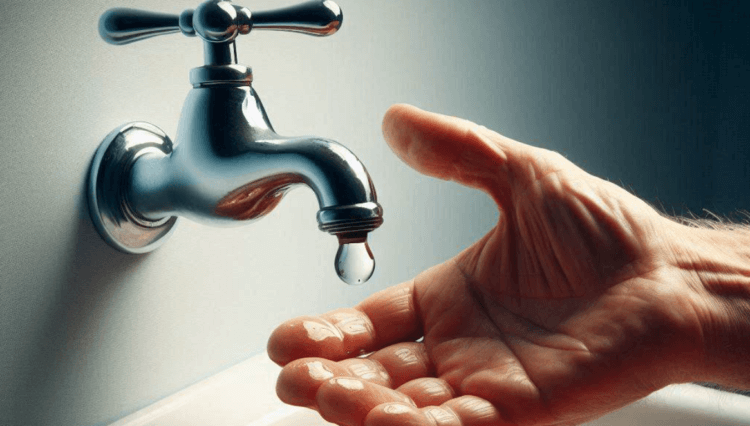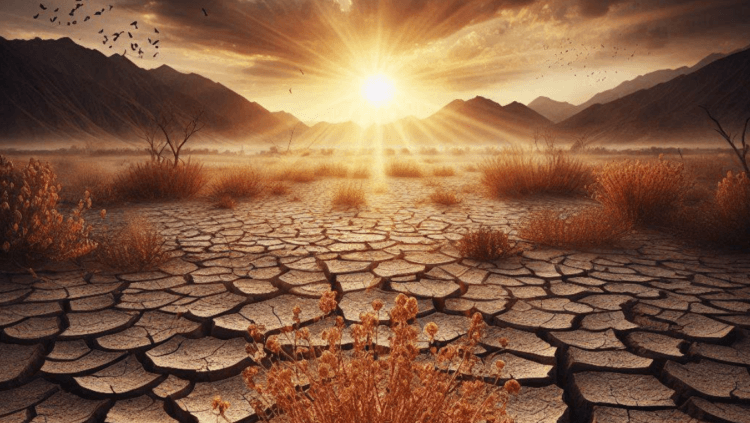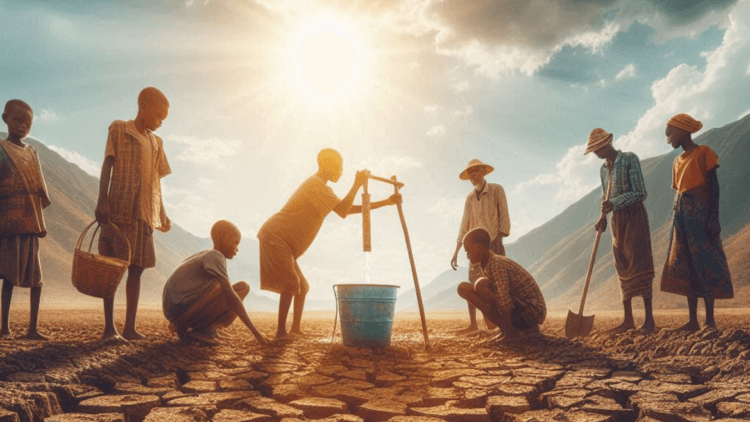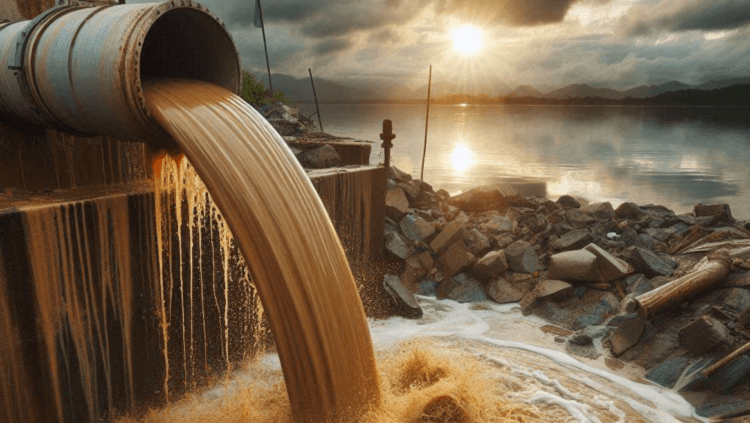Already, humanity is experiencing a shortage of drinking water. According to some data, more than 1 billion people do not have reliable access to clean drinking water, and one in ten people in the world suffers from acute water shortages, amounting to a total of 780 million people. However, according to scientists, the situation will worsen, and at some point even residents of developed countries will face a shortage of drinking water. Moreover, according to the latest forecasts, humanity will face a serious crisis in the near future.

In the near future, people may face a serious shortage of drinking water
When people face a shortage water
We are already seeing water supplies running out. For example, scientists have recently noticed from satellites that Europe has lost its main water reserves. The largest lakes and rivers, such as the Rhine in Europe and the Colorado in the United States, have begun to dry up. However, according to scientists, humanity is facing a more catastrophic situation associated with a shortage of water due to climate and socio-economic changes. However, experts give different forecasts regarding when the crisis will occur.
In a recent study, researchers at Utrecht University used a sophisticated global model of water quantity and quality to estimate current and future water shortages. In doing so, they took into account key factors such as climate change, socio-economic development and future water demand.

Climate change — this is only one of the reasons for the lack of drinking water
It must be said that in previous studies, scientists usually focused only on water reserves. But in this work, the authors also decided to take into account quality in order to obtain a more accurate forecast. After all, quality is no less important than quantity. If the water is heavily contaminated, it cannot be safely consumed.
According to the results of this study, published in Nature Climate Change, the shortage of clean water will sharply increase by the end of this century. Scientists estimate that currently 55% of the world's population lives in regions that lack clean water. By 2100, about 66% of the world's population will face this problem.
In which regions will there be a shortage of drinking water?
According to scientists, the crisis of drinking water shortage will occur disproportionately, that is, in different ways will affect different regions. For example, in Western Europe and North America, severe water shortages will only be experienced for a few months of the year. It will mainly be associated with a lack of water.

Water shortages will be felt most severely by residents of the global south
In developing countries, water shortages will persist for most of the year. The Global South will be hit the hardest, according to the researchers. This is due not only to climate change, but also to rapid population and economic growth. Water consumption will increase, while its quantity and quality will decline.
According to the researchers, the lack of clean water is a systemic risk that affects people and ecosystems. It is becoming increasingly difficult to ignore, so one of the goals of the study is to draw attention to the problem. In addition to reducing consumption, humanity must pay equal attention to eliminating water pollution, otherwise it will not be possible to solve the problem of the global water crisis.
It should be understood that clean water is necessary not only for drinking and sanitary purposes. This resource is also key for the production of food, various goods, electricity, etc. Therefore, humanity may face a food and economic crisis.

A third of the water people use returns to nature contaminated
Finally, let us remind you that, according to experts, some regions of Russia may also face a shortage of drinking water. Moreover, this will happen much earlier — by 2035. The reasons are the same as those given by Utrecht University employees – increased consumption, as well as severe water pollution. About a third of the water people use comes back dirty.
Don't forget to subscribe to our Zen and Telegram channels so you don't miss the most interesting and incredible scientific discoveries!
But while some scientists identify existing water problems and make forecasts, others are working on technologies that will help avoid a crisis. Previously, we talked about one of these technologies, which allows you to obtain fresh water almost free of charge in unlimited quantities. Therefore, we can only hope that ultimately humanity will still be able to solve the impending problem.